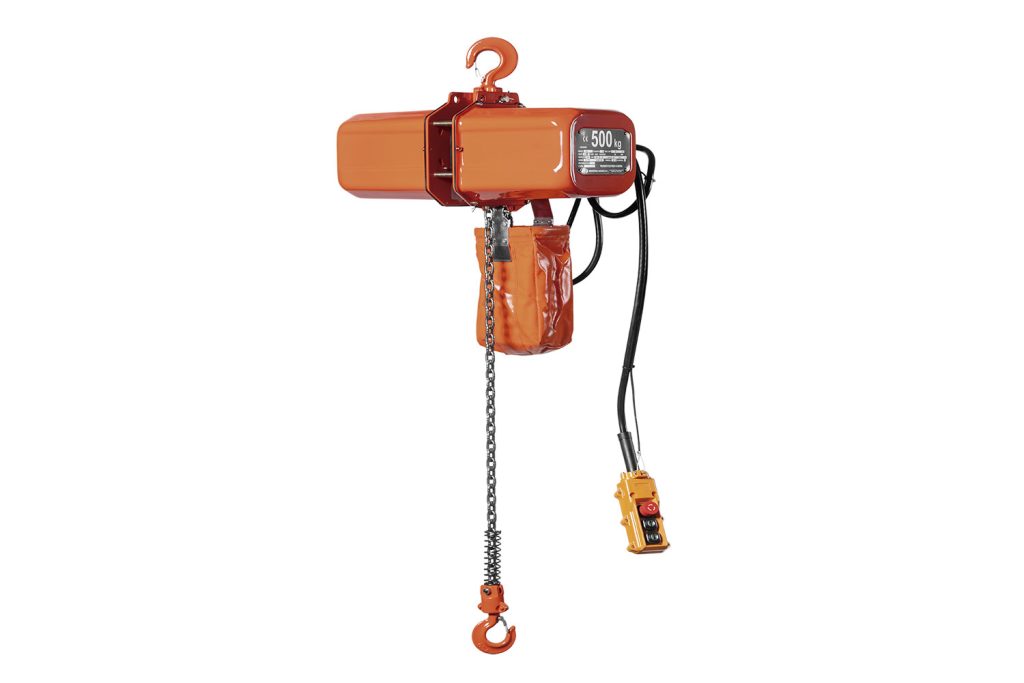In the fast-paced world of manufacturing, uptime is critical. With tight production schedules and increased demand for efficiency, manufacturers are continually seeking innovative solutions to minimize downtime and maximize productivity. One such advancement is the integration of electric crane kits into manufacturing operations. These systems not only enhance lifting capabilities but also streamline workflows, ultimately driving improvements in overall manufacturing efficiency. Electric crane kits provide a robust solution for handling heavy materials and components with precision and ease. Unlike traditional hoisting systems, electric cranes offer greater control, faster lifting speeds, and reduced manual labor requirements. This transition from manual to electric operation minimizes the risk of injury to workers while improving safety protocols in the workplace. As a result, manufacturers can maintain higher levels of productivity without sacrificing employee well-being.

The efficiency gained through electric crane kits is further augmented by their ability to operate in tight spaces and navigate complex layouts. Modern electric cranes are designed with compact and versatile structures that can easily adapt to various environments. This adaptability enables manufacturers to optimize their floor space, allowing for a more organized and efficient workflow. With the ability to maneuver easily around equipment and workstations, polipasto eléctrico de cable electric cranes contribute to smoother operations, reducing bottlenecks that often lead to downtime. Moreover, the installation of electric crane kits can significantly enhance the speed of material handling processes. In many manufacturing settings, time-consuming manual lifting and transportation tasks can impede productivity. By automating these processes, electric cranes facilitate quicker turnaround times for material movement. This is particularly beneficial in industries where just-in-time manufacturing practices are crucial, as it allows for faster response times to production demands.
The long-term benefits of electric crane kits also extend to maintenance and operational costs. These systems are designed for durability and reliability, often requiring less frequent maintenance compared to traditional crane systems. Additionally, electric cranes typically consume less energy than their hydraulic counterparts, leading to lower operational costs. This reduction in energy usage not only contributes to cost savings but also aligns with sustainability initiatives that many manufacturers are now prioritizing. Investing in electric crane kits ultimately enhances a manufacturer’s ability to meet production targets while minimizing downtime. The combination of improved safety, increased operational efficiency, and cost-effectiveness positions electric cranes as a strategic asset in modern manufacturing. As industries continue to evolve, embracing innovative technologies like electric crane kits will be essential for manufacturers striving to remain competitive in an increasingly demanding market. By maximizing uptime through enhanced material handling solutions, manufacturers can ensure they are well-equipped to meet the challenges of today and tomorrow.